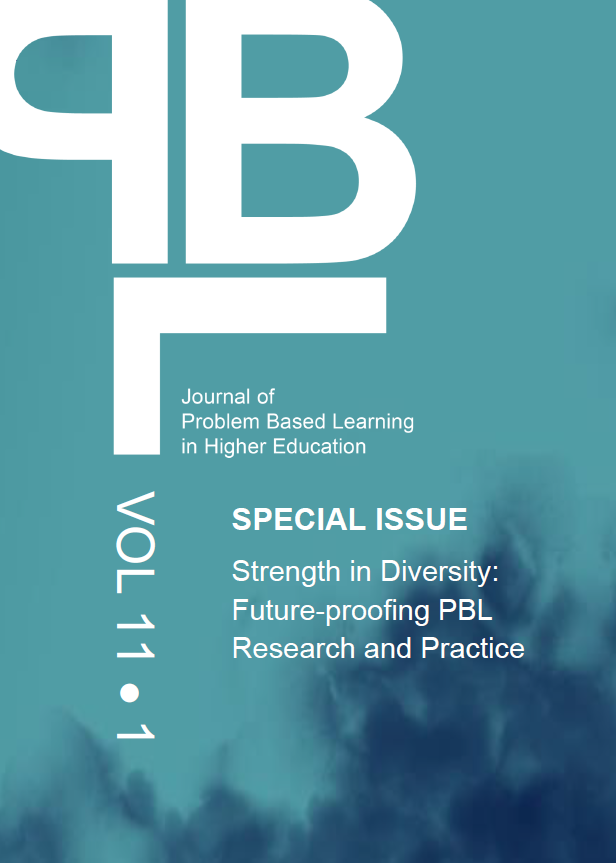Abstract
In this paper, this theme of the open question is offered as a hermeneutical approach to problem-based learning. Most of the scientific literature on problem-based learning is in the realm of the behavioral-sciences. To the extent that the latter becomes the exclusive focus of research on problem-based learning, there is a risk of instrumentalization. The hermeneutical approach of this paper is meant to complement this field of research. The subjects of humanities research are not directly available to a humanities scholar, at least not in the way experimental subjects are to a natural scientist. This is Wilhelm Dilthey’s epoch-making understanding of the humanities in a nutshell. Philosophical anthropologist Helmuth Plessner, drawing on Dilthey, extends this insight to the historicity of human existence as such, summarizing the latter as an ‘open question’ that is always impressing itself upon us as human beings, but which at the same time cannot be answered definitively. It is through this process of asking and answering that we leave behind a history in the first place. I use these arguments to show that the theme of the open question yields a series of interconnected educational insights: notably the importance of subjectification, the social and historical context within which education necessarily takes place, and the construction of new knowledge and experience. These educational insights are rendered explicit and put into practice in problem-based learning. I hope in this way to develop a research perspective on problem-based learning as not only a set of behaviors, but as the scene of meaningful action.
Articles published in Journal of Problem Based Learning in Higher Education are following the license Creative Commons Attribution 4.0 (CC-BY)
Authors retain copyright and grant the journal right of first publication with the work simultaneously licensed under a Creative Commons Attribution 4.0 International License (CC-BY). Further information about Creative Commons
